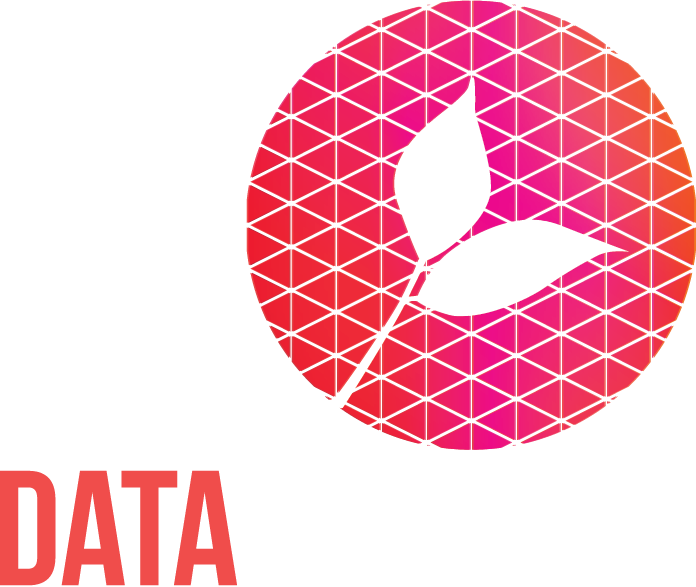What makes a great data analyst (for nonprofits)?
A while ago, we came across an interesting article from the BCS (Chartered Institute of IT) on what being a business analyst really means. The article discusses the four ‘analyst’ personality types, identified by the 16 Personalities NERIS framework. This framework is based on the famous Myers-Briggs Type Indicator – which categorises personalities according to four key theoretical elements (sensation, intuition, feeling and thinking) – and the Big Five personality traits (openness, conscientiousness, extraversion, agreeableness and neuroticism).
We are aware of the scientific pitfalls of such tests. However, we thought it would be fun to compare our results as a team to see whether, being professional data analysts, our personalities would be identified as such.
According to the NERIS model, analysts are people who 'embrace rationality and impartiality, excelling in intellectual debates and scientific or technological fields. They are fiercely independent, open-minded, strong-willed and imaginative, approaching many things from a utilitarian perspective and being far more interested in what works than what satisfies everybody.' They are characterised by the intuitive trait (being imaginative, open minded and curious, instead of practical, pragmatic and down-to-earth) and the thinking trait (focusing on objectivity and rationality, rather than emotion).
So, we each took the test. And not one of us fell into the 'analyst’ category.
When comparing the types of words used to describe the 'analyst’ personality traits against our own, it was clear that our output personality types were more heavily defined by empathy, altruism and purpose, than by pure logic and rational thought.
Word cloud created from 16personalities.com description of the four Analyst personality types (left) vs. personality types obtained by the five Data Orchard staff (right)
Nonprofit data analysts
Without wishing to take the tests too seriously, our results did make us think about what traits make a good nonprofit data analyst – and whether this is different to the stereotypical view of an ‘analytical person’.
Here are a few ingredients that we think help us to excel as data analysts in the nonprofit sector…
Purpose-driven: It is our passion for supporting positive social change that fuels our work. We see data as a tool to help bring about this change. Our work always has the end goal of helping nonprofits to deliver on their missions, rather than to do the fanciest possible thing with data.
Curious about context: We are interested in the broader context beyond the data, and we enjoy taking the time to immerse ourselves in the nuances of each organisation and the communities they serve.
Resourceful: We know that nonprofits operate with limited resources. We are flexible and adaptable problem-solvers who can work with a variety of tools, wrangle messy data, and make the most of external datasets and collaborations to help answer vital questions.
Conscientious: Nonprofits frequently work with the most vulnerable people in our societies. Handling sensitive information with care is important to us, far beyond being a box-ticking GDPR exercise. Ethics are at the forefront of our minds in all of the work we do, and we are in a constant state of learning, reviewing and improving our policies and practices.
Relationship-focused: We are empathetic ‘people people’ who enjoy building relationships with our clients, and developing collaborative partnerships and networks. We know that not everyone is as excited about data as we are. We are happy to meet people where they are at on their data journey and bring a fun and confidence-building approach to our work.
We’d love to hear what you think makes a great nonprofit data analyst – do get in touch with us via X, LinkedIn or email and share your views.



